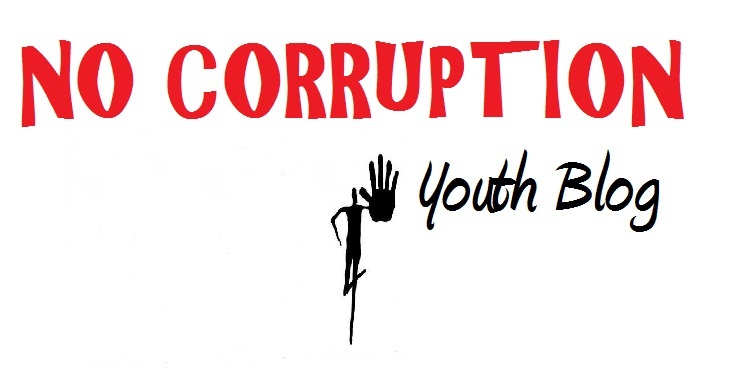قامت الجمعية اللبنانية لتعزيز الشفافية - لا فساد بالتعاون والتنسيق مع جمعية جهد بعقد ورشة عمل في مدينة زغرتا شمال لبنان، تناولت خلاصات دراسة النظام الوطني للنزاهة.
افتتحت ورشة العمل بكلمة ترحيبيّة من جمعية جهد ممثّلة بالأستاذ مارون الخوري، تناول فيها أهميّة هكذا نوع من الدراسات كونها تضع الإصبع على الجرح. كما اعتبر أنّ المجتمع المدني بات يعير اهتماماً للمناطق البعيدة عن العاصمة بيروت معتبرًا أنّ الجمعية اللبنانية خرقت ستار العزلة عن المدينة الزغرتاوية، مرحبًا بهكذا مبادرات ومطالبًا بالمزيد من ورش العمل نظرًا إلى أهميتها في مجال التوعية الاجتماعية ومؤكّداً في الوقت عينه على الاهتمام بالمنطقة الزغرتاوية.
تلاه في الكلام الدكتور سعيد عيسى مدير المشاريع الميدانيّة والشباب في الجمعيّة اللبنانيّة لتعزيز الشفافيّة - لا فساد شارحًا ركائز النّظام وعارضًا الخلاصات التي توصّلت إليها الدراسة.
ثمّ جرى نقاش من الحضور. وكان تنويه كبير بالدراسة وتأكيد على الخلاصات مؤكّدين على متابعتها في زغرتا، كما طالب الحضور بمزيدٍ من ورش العمل في مدينة زغرتا.
A workshop in Zgharta on the National Integrity System
In collaboration with “Jahed” Association, LTA organized a workshop in Zgharta, North Lebanon. LTA team presented a summary of the NIS study.
The workshop started by the welcome remark of “Jahed” Association that was represented by Mr. Maroun El Khoury.
Mr.Khoury addressed the importance of the study and focused on the role of the civil society in building the capacities of the local communities located in the areas that are far from the capital Beirut. Mr.Khoury in his speech, shed the light on the role of the Lebanese Transparency Association in supporting the marginalized areas in Lebanon., and welcomed such important initiatives in the field of social awareness.
Dr. Said Issa, LTA’s Grassroots Manager, presented the pillars and recommendations of the NIS study and discussed the role of the NIS with the participants who asked for additional sessions in Zgharta district.









